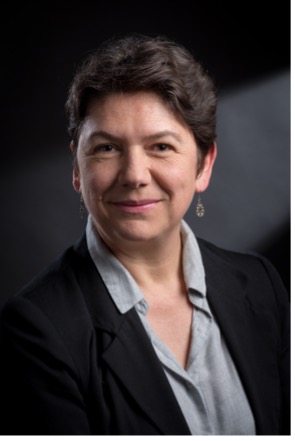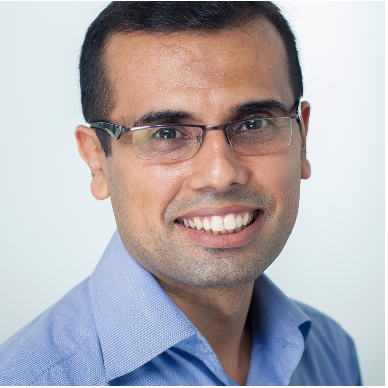Accelerating energy decarbonisation using numerical simulations

More Information
ABOUT
The Melbourne Energy Institute invites you to a lecture by global combustion and fluid mechanics expert, Dr Bénédicte Cuenot.
The transition to energy sources with zero net greenhouse gas emissions has become a top priority worldwide. Depending on the sector and its specific needs in terms of energy flexibility, availability, cost and power, various solutions are currently being proposed by the research and industrial communities. In many cases, combustion is used to release controllable quantities of energy to the final application. In this context, reliable and efficient numerical simulations are essential to study the technical viability of these solutions as a complement to experimentation, or even before any actual testing.
In this lecture, Dr Bénédicte Cuenot will discuss the current methods and models for the numerical simulation of turbulent combustion in low-emission systems, using simple examples. Application to several projects currently being studied will then be described, and research needs will finally be discussed.
DETAILS
When: Thursday 20 July, 5:00pm - 6:00pm
Where: Alan Gilbert Building, Theatre 2, 1st Floor 161 Barry Street Carlton, VIC 3053
REGISTER
This public lecture will be held as an in-person event only.
SPEAKER

Dr Bénédicte Cuenot
Leader of Combustion Research Group, CERFACS
Dr-HdR B. Cuenot obtained her Engineering and Masters degree from Ecole Centrale de Paris in 1990. After one year as a research engineer in the University of Boulder (CO, USA), she came back to France where she completed her PhD in 1995 and HdR in 2000, both in the field of numerical combustion. She is now the leader of the combustion research group at CERFACS, developing advanced and massively parallel softwares for the numerical simulation (DNS and LES) of turbulent reacting flows, plasma flows and heat transfer (including thermal radiation) in industrial systems. With these tools she addresses various topics such as pollutant emissions, ignition and extinction, combustion efficiency or thermal fatigue of combustion chambers in the fields of propulsion and energy production. Dr. Cuenot teaches combustion and fluid mechanics in various universities and has authored about 150 peer-reviewed journal papers. She has participated in many collaborative projects at a national and international level, and is very experienced in coordinating European projects, mostly financed by the European Commission where she also acts as an expert evaluator. She has been distinguished as a Fellow of the Combustion Institute in 2018 and is a member of the Editorial Board of Combustion and Flame since 2018. She was co-Chair of the 39th International Symposium in Combustion, held in Vancouver in July 2022.
MODERATOR

Associate Professor, Mechanical Engineering
A/Prof Mohsen Talei is an academic in the Department of Mechanical Engineering. Mohsen joined the University of Melbourne as a staff member in 2014, having previously completed post-doctoral research at the University of New South Wales (UNSW) and a PhD at the University of Melbourne.
Mohsen has 18 years of industry and academic research experience in the broad area of energy which includes numerical and theoretical investigations of turbulent reactive flows with the focus on low-emission energy technologies. Mohsen’s research involves a significant use of high-performance computing to develop predictive tools for designing cleaner gas turbines and reciprocating engines.